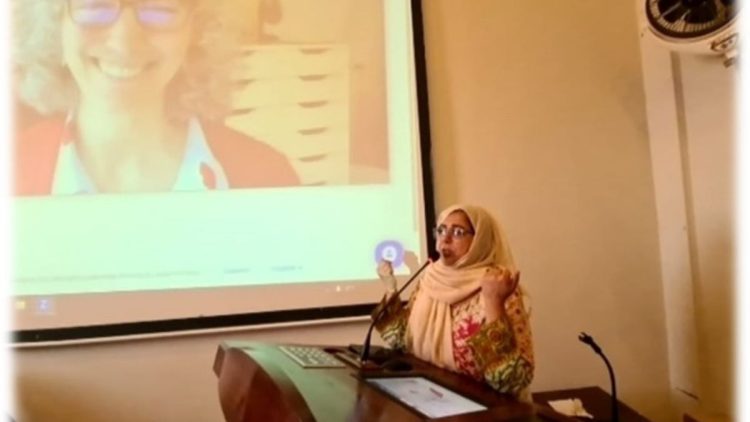People who cannot treat themselves with compassion are likely to have problems communicating nonviolently with others.
Non-violent communication is not only about the way we communicate with people, but also about the way we treat ourselves. Some people tend to be harsher with themselves than with others. They feel shame or guilt when they commit a behavior that they themselves consider a mistake. Such people often use sentences with the adverb “should/should not” in the process of self-judgment. For example, a person who has a conflict with a colleague may start judging himself/herself with sentences containing the imperative mood, such as “I should not have put all the responsibility for the work on him/her.”
Our judgments, grounded in shame or guilt, sometimes lead us to make accurate inferences about ourselves. But being compassionate to oneself involves our needs are behind these conclusions, not motivations such as guilt. Because every behavior that we consider a mistake is based on a need, and this is what we should focus on.
It is common for people to feel regret after committing a behavior they consider a mistake. Regretting what you have done is a signal for change. However, at the end of this regret process, it would be useful to reveal the need behind our mistake. For example, we need to reveal our needs such as “I put all the responsibility of the work on my colleague, I regret it. I did this behavior because I was busy at work. I need more time for myself.”
In addition to how we react to our mistakes, the motivation behind our behavior is also an important indicator of how we treat ourselves. When people think that they behave in certain ways because they have to, they reduce their compassion for themselves. The motivation behind a behavior can be a variety of factors such as money, approval, avoiding punishment or guilt. Whatever the motivation behind the behavior, the person does it because they choose to, not because they have to. To understand this, Rosenberg proposes a 3-stage test that people can subject themselves to.
- First of all, the person thinks about what he/she does in his/her life because he/she has to. For example, he/she lists his/her obligations with sentences such as “I do report writing, which is part of my job, only because I have to. I would never write a report if I could.”
- In the second stage, the person accepts that he/she does the behaviors on the list not because he/she has to but because he/she chooses to do so. He/she renews his/her behaviors as “I choose to write reports which is part of my job”.
- In the last stage, he/she identifies the motivation for his/her behavior and renews his/her sentences accordingly. For example, he/she identifies the motivation for his/her actions with sentences such as “I love my job and I choose to write reports because writing reports is a part of this job.”
In this way, we do not perform any of our actions in life because we have to, and we develop a nonviolent communication with ourselves.
Rosenberg, Marshall B., “Nonviolent Communication, A Language of Life”, 2015 p. 146-159.
Arzum Beyza Çimen





































